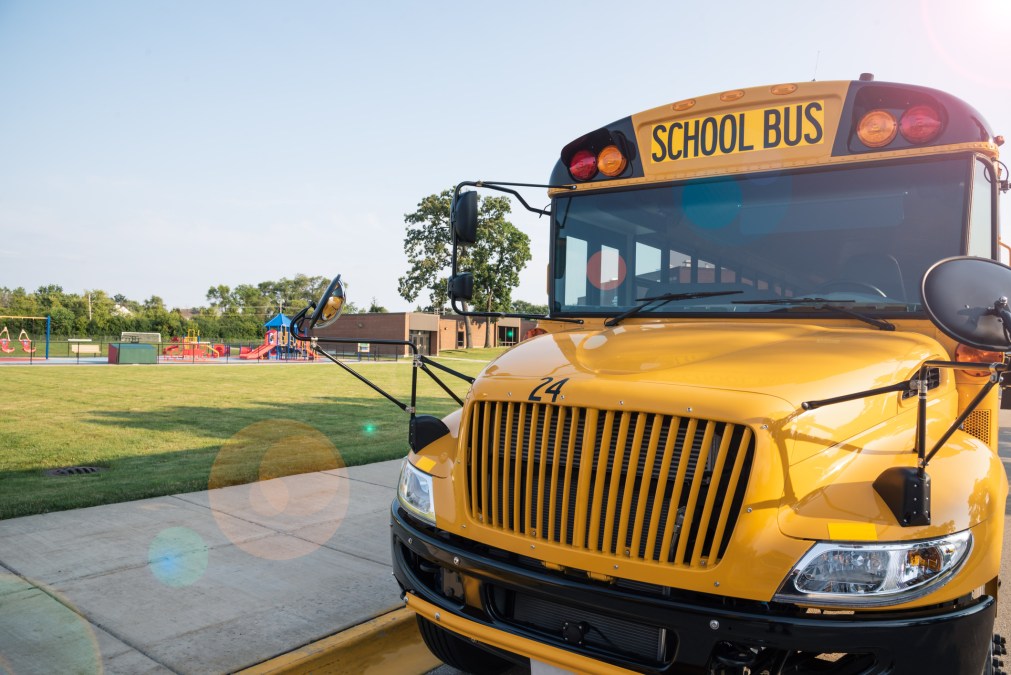For student privacy, this Austin-area district is one of the best

The Consortium for School Networking on Tuesday awarded a national designation to the Leander Independent School District in Austin, Texas, for its exceptional policies protecting student data privacy.
CoSN’s Trusted Learning Environment Seal is presented to school systems that the advocacy association has recognized as meeting core standards around five practice areas — leadership, business, data security, professional development and classroom. Leander ISD, which contains 43 campuses and serves more than 40,000 K-12 students, was recognized for what CoSN CEO Keith Krueger called “impactful” privacy work.
“They join a unique group of districts that have earned this national Seal, and we are excited about the Seal’s continued growth in Texas and across the country,” Krueger said in a press release.
CoSN has awarded the seal to a handful of school systems around the country since launching the program in 2016 for work around student data privacy, which has become a growing concern among educators, teachers and parents as digital technology has become more widespread and integral in classrooms.
James Watson, Leander ISD’s district security administrator, said achieving the seal is a “point of pride” for the community.
“The process of applying for the TLE Seal in Leander ISD was the culmination of over two years of hard work with a cross-functional team of LISD personnel from HR, Business and Operational teams, as well as Campus Principals, Teachers, Digital Learning, Technology Representatives and Librarians,” Watson said.
The data privacy program is administered with the help of a panel of 28 school system leaders from around the country and in partnership with The School Superintendents Association, the Association of School Business Officials International, and the Association for Supervision and Curriculum Development.
Being presented CoSN’s Trusted Learning Environment Seal requires first meeting all privacy laws and then demonstrating a commitment to student privacy — embodied in policies and practices — that goes even further to protect student privacy, the association says.
Educators tell EdScoop that managing the wide range of educational apps and edtech tools available has made managing student data complex and difficult. Increasing adoption of surveillance tools used to monitor aggressive or potentially suicidal behavior, or to prevent unauthorized people from wandering school grounds, have further raised concerns that student privacy requires close stewardship by school administrators and technologists.
Several organizations have taken to building resources that can help educators protect student data, including a policymakers guide released in April by the Future for Privacy Forum. A State Student Privacy Report Card published in January, though controversial for its methodology, showed spotty adherence to best practices surrounding student privacy among states.




